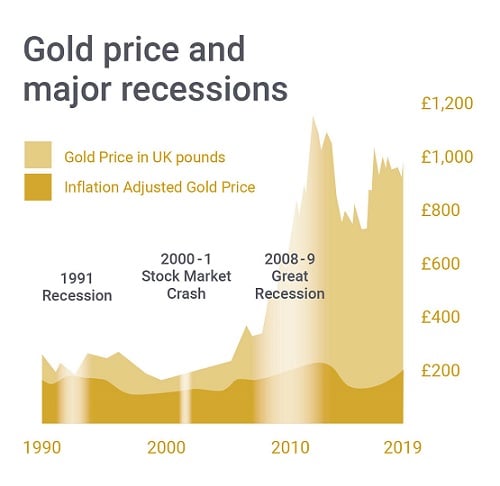Hold onto your hats, folks! The A-share market just witnessed another jaw-dropping divorce settlement, and this one is a doozy. Weston (a Shenzhen-listed company) announced that its actual controller, Maoyu Zhong, has finalized his divorce, and the terms? Let’s just say his ex-wife is walking away very comfortably.
We’re talking about a transfer of 20 million Weston shares – that’s a whopping 22.73% of the company’s total stock – straight into the hands of his former spouse. At yesterday’s closing price of ¥46.4 per share, we’re looking at a divorce payout exceeding ¥900 million! Seriously, over nine hundred million!
This isn’t just a juicy piece of gossip; it’s a stark reminder of the risks inherent in companies heavily reliant on a single controlling shareholder. A personal event like a divorce can have massive implications for a publicly traded entity. Investors need to be aware of these ‘key man’ risks!
Let’s break down the implications. Shareholder structure shifts dramatically. Control dynamics can be upended. And, frankly, it raises questions about the future trajectory of Weston. This case highlights a significant vulnerability often overlooked in company analysis.
Key Knowledge Point: Key Man Risk in Investing
A ‘key man’ risk refers to the potential negative impact on a company when a vital individual – often a founder, CEO, or major shareholder – is no longer involved.
This risk isn’t limited to death or disability; divorce, legal disputes, or even voluntary resignation can trigger it.
Companies heavily dependent on a single leader are particularly vulnerable. A shift in control, like in the Weston case, introduces uncertainty.
Investors should scrutinize ownership structures and assess the potential implications of losing key personnel. Diversification and strong succession planning mitigate this risk.






